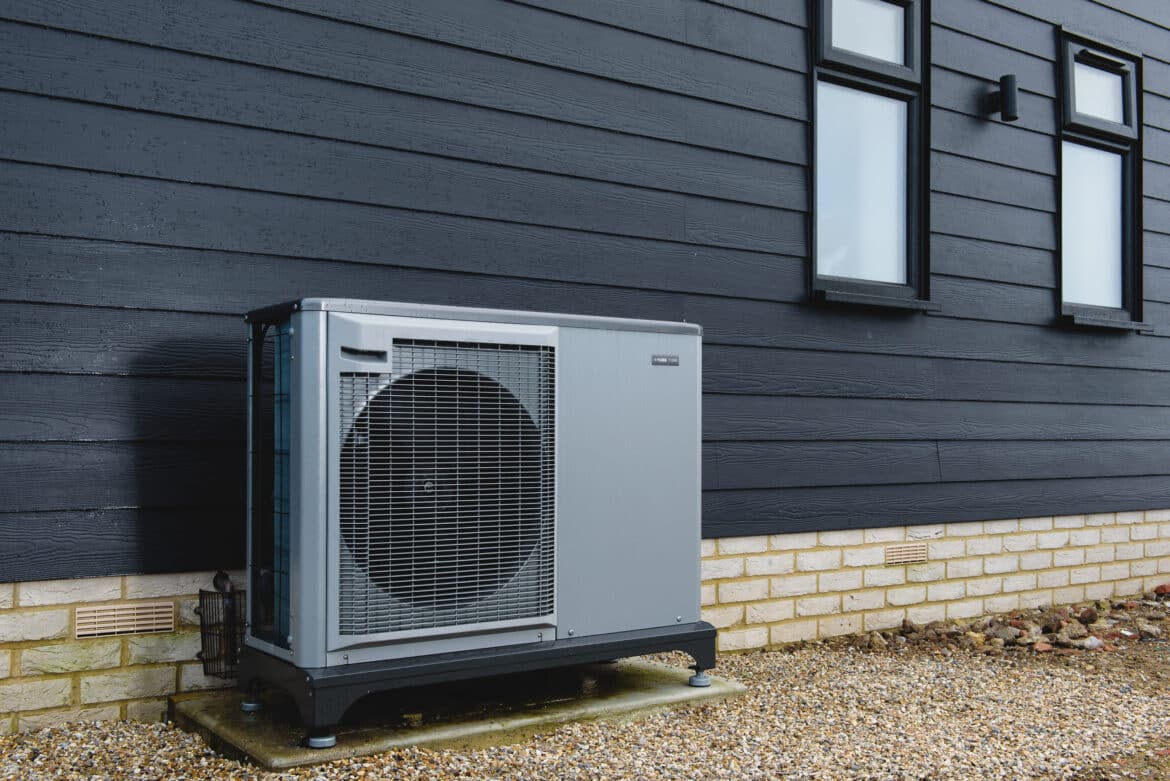1.2K
A heat pump with propane is an environmentally friendly alternative to conventional heating systems. The refrigerant is of particular importance here.
This is what you should pay attention to when using a heat pump with propane
Heat pumps with R290 refrigerant draw energy from the environment to heat homes and apartments. The principle here is based on a simple chemical reaction. At low temperatures, the agent absorbs heat energy from the environment and evaporates. If the gas is now compressed, it heats up and can thus be used for heating.
- Propane is used especially because of its environmental compatibility. The previously used fluorinated hydrocarbons have a high greenhouse potential and have therefore already been limited by the EU.
- The propane gas itself, however, is not entirely harmless either. Known from barbecue lighters, propane falls under the highly flammable substances. Therefore, propane has only been used in industry.
- In addition to being more environmentally friendly, heat pumps using propane are also attractive because of their low price. Moreover, they are capable of replacing conventional heat pumps.
Heat pump in a family house
For safety reasons, pumps with propane have been used only in industry. Accordingly, with a heat pump in the house, you need to pay attention to a few things. The most important thing is that no propane enters the house, so special compressors are mandatory here.
- Dense circuits as well as specified distances from windows and doors provide more safety with a propane heat pump. Additionally, use only a small amount of the refrigerant.
- Nevertheless, you don’t have to immediately convert an existing heat pump to propane. As long as the pump does not use hydrofluorocarbons, it is still allowed to be used.
- Another advantage of heat pumps using propane is that they have a closed loop. Thus, the heating engineer does not need a refrigeration certificate right away for the installation.

